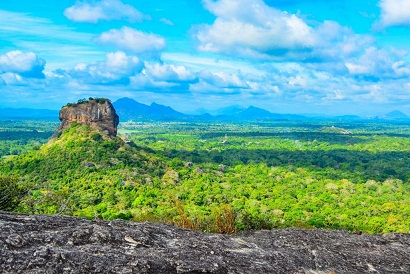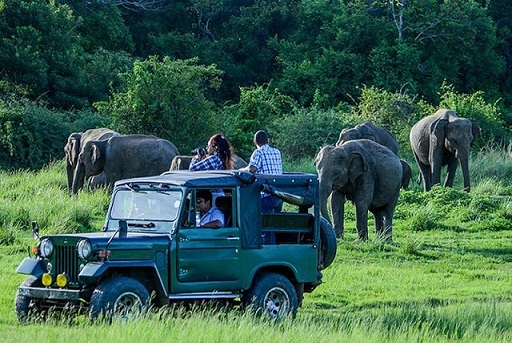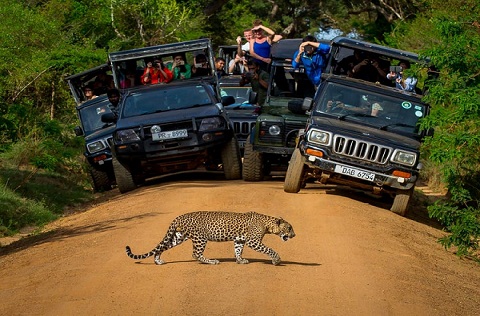In a move to revive its tourism industry which has hugely been affected by the coronavirus pandemic, Sri Lankan tourism authorities have announced on Wednesday that they will offer livestreams from the island nation’s wildlife parks.
The decline in tourism and drop in revenue have resulted in job losses and degradation of natural habitats. In order to conjure up the segment, the government’s Tourism Promotion Bureau has come up with its new project layout. At first, the livestreaming will cover four national parks to showcase the South Asian country’s exotic wildlife, including elephants, leopards, bears, crocodiles and birds.
The bureau has also briefed that the project will offer eight wildlife streaming video sessions of one hour each which will be shown on social media platforms and shared further through broadcast media.

The government’s plan to reopen the country to foreign tourists has been failed repeatedly as new group of COVID-19 patients appear periodically.
So far, the country has reported 3,315 cases, including 13 deaths.
Contributing about 5% of its GDP, tourism of Sri Lanka is employing 250,000 people directly and up to 2 million indirectly. But the pandemic has taken away several thousand hotel worker’s jobs and there by partially paralyzed the industry.
To repair the income loss, most hotels are offering discounted prices for local tourists.
In an effort to contain the virus, Sri Lanka suspended all passenger flights and ship arrivals in mid-March, crippling the tourism industry. The nation has witnessed a 60% decline in total tourist arrivals from January to August compared to the same period in 2019.
Sri Lanka imposed a nationwide curfew in March. Its government gradually lifted the curfew in April and has attempted to reopen the country in phases over the last three months, but schools and airports are still closed.
As the fact is not known, the pandemic has far reaching effects and may be we are still in the early stages.

